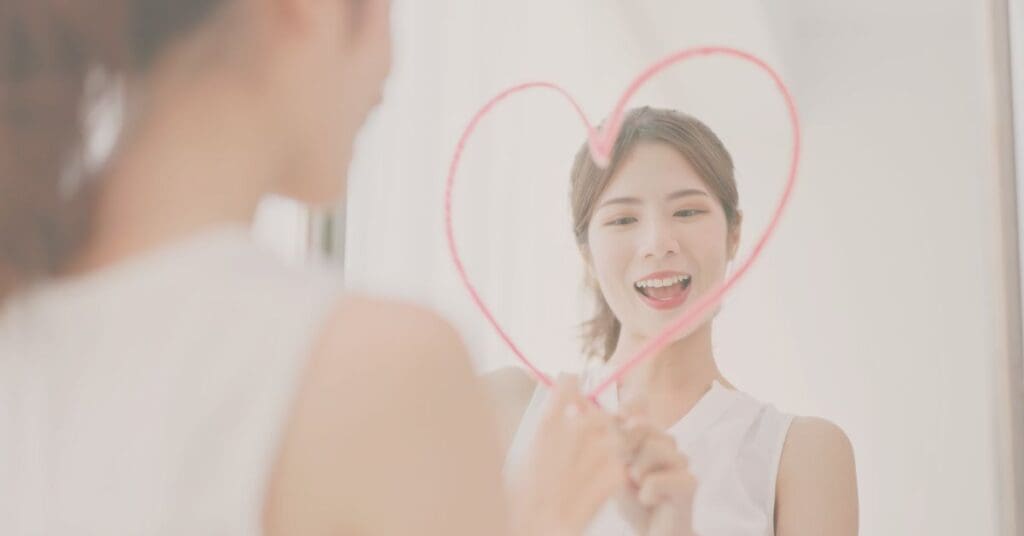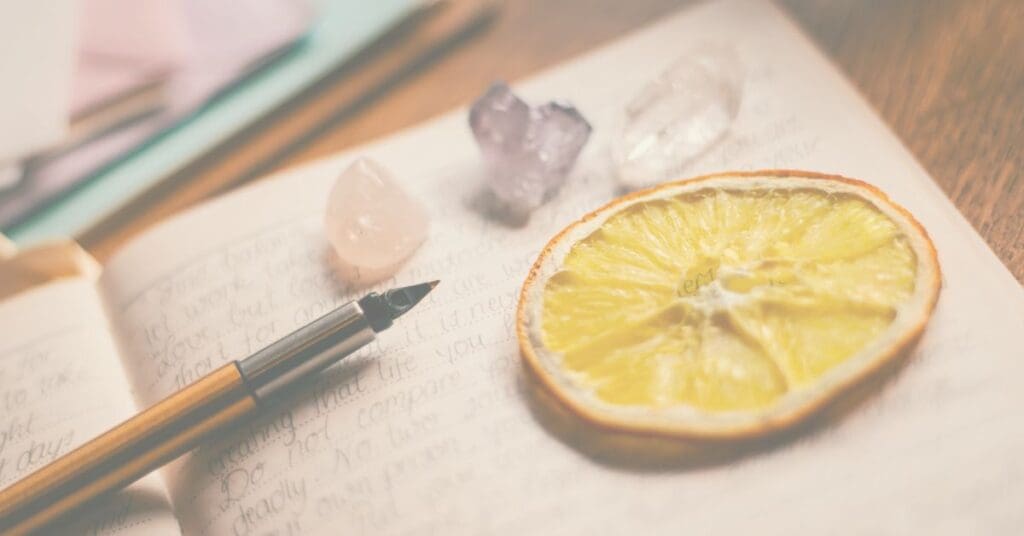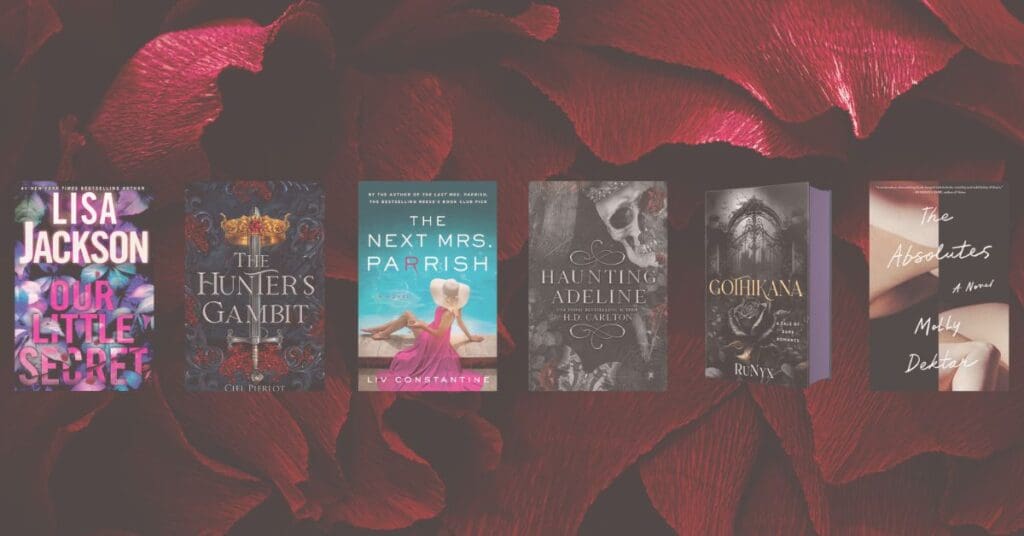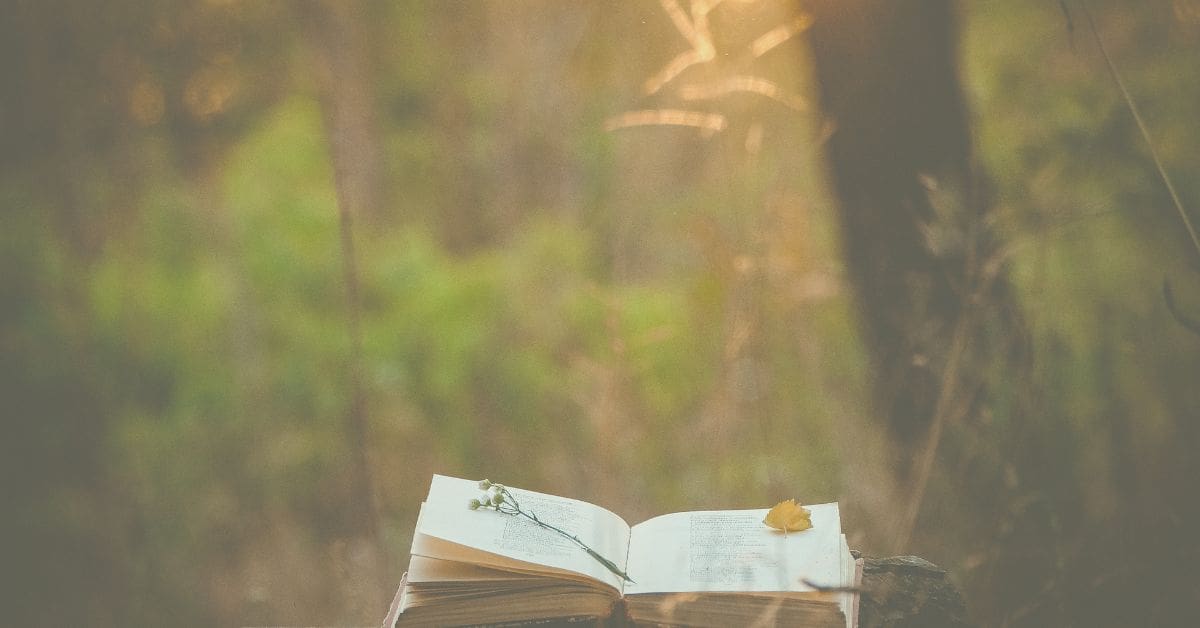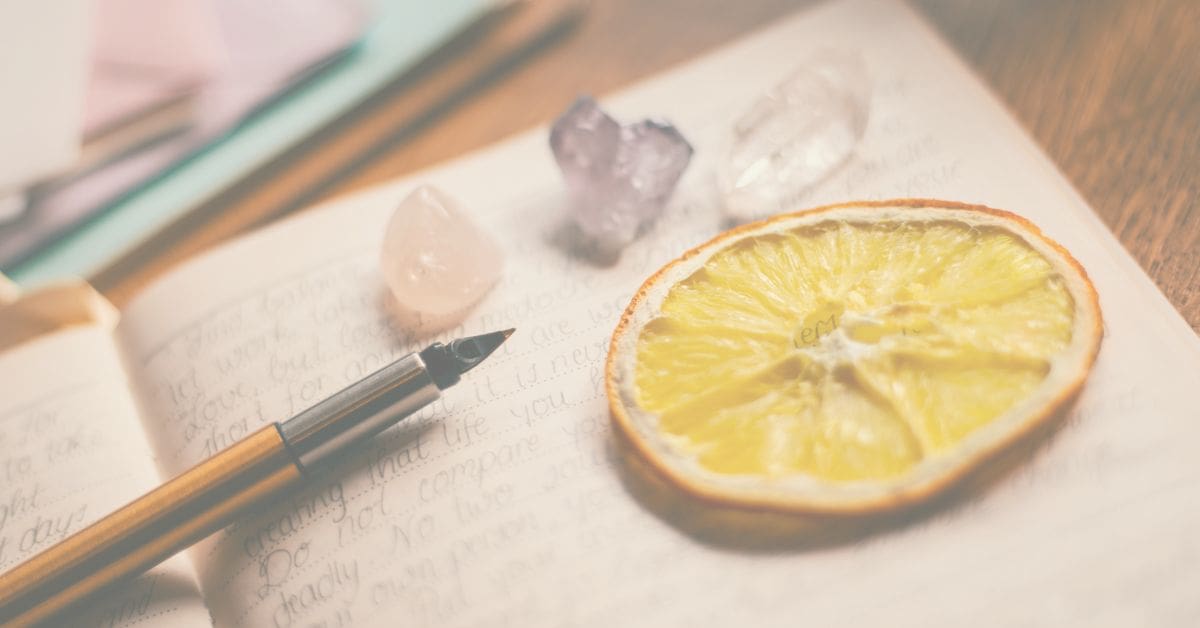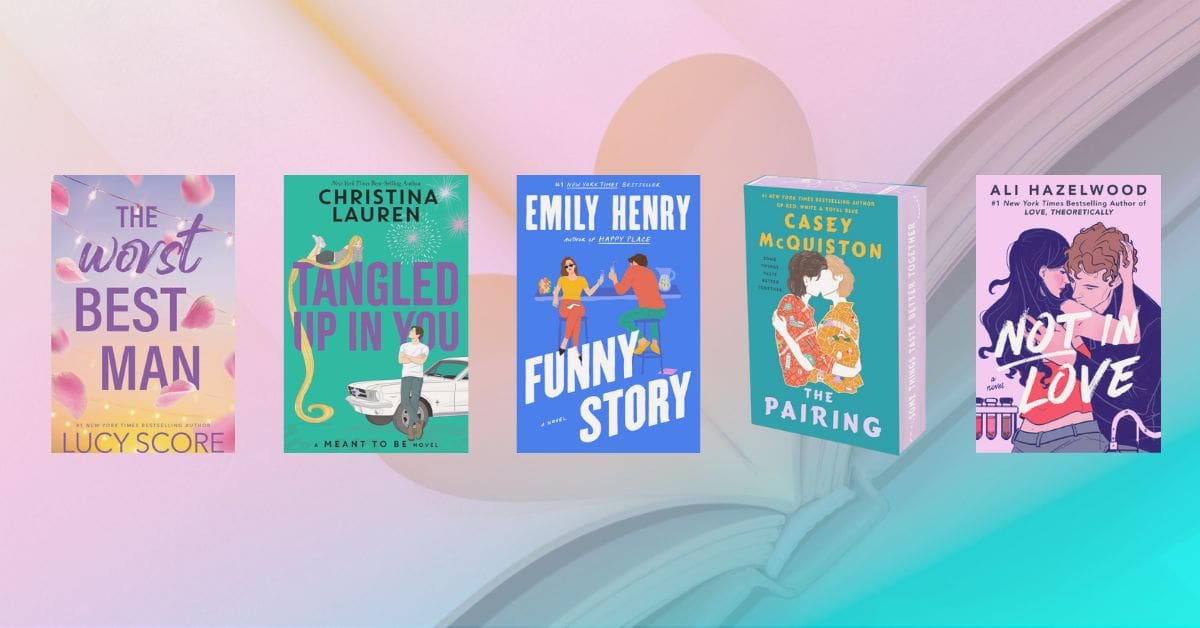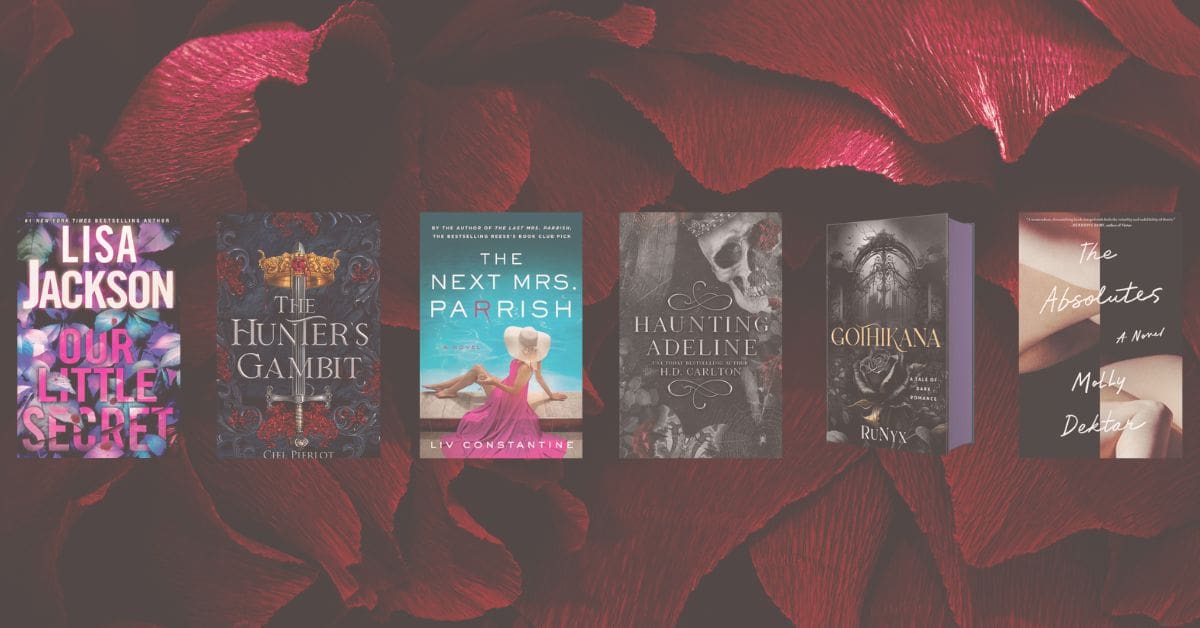Sometimes, as poets, we need a little encouragement. A little wisdom. A gem of knowledge that lights spark in our writing practice. Or, maybe we just need to peer behind the curtain, as it’s fascinating to see how the poets we love (or have yet to discover) think, what moves them, or what pushes them to create.
Poets are mysterious beings. We conjure our words from a liminal space. Our words can seem to mean one thing but mean another. We write between the lines. We use language in new and innovative ways. Fiction writers — or anyone writing a narrative — has more rules to follow, and thus, approaches storytelling in a different way.
So, it’s fascinating to see how some poets think, how they approach their craft, and what they think poetry should or can be. Dive in:
Sharon Olds
On how she approached lineation (the craft of line breaks):
I’ve always written in lines, and I didn’t know until I was fifty-five that my craft was the craft of the Hymns I had grown up singing. I was writing in a way that felt comfortable to me, except that I had to ride over the end of the line. But I didn’t know that’s why I was doing it—to try to imitate what it feels like to be alive, which is, for me, not end-stopped. What I liked was that then the little phrases like “of the,” “and the,” “for the,” were at the end of the line, like tips of twigs, and the nouns were down the left-hand margin, like a trunk. I liked that.
There’s a brat in me who likes doing it my own way, knowing that I’m supposed to be doing it the other way. Let them do it the other way. They’re not going to kill me or put me in a permanent fire because I’m doing it this way. Hmmph!
Academy of American Poets
On how much she writes:
Most of the poets I know accrue. Their poems accrue. They have notebooks. I don’t do that. It’s all in one motion. Now, the change that happened with me was that, for the first ten years, I wrote in one rush and didn’t rewrite.
Academy of American Poets

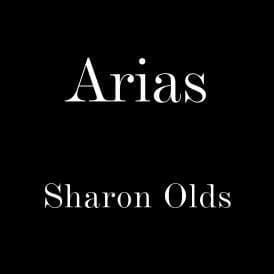

$17.43
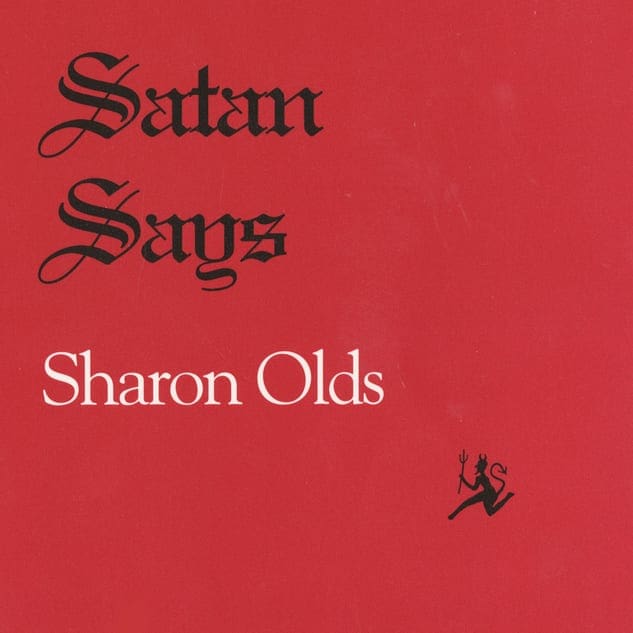

$15.54
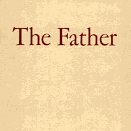

$16.95
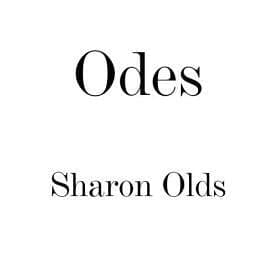

$15.59
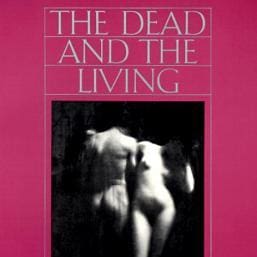

$16.56
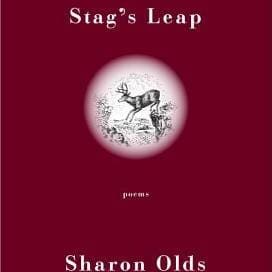

$16.56
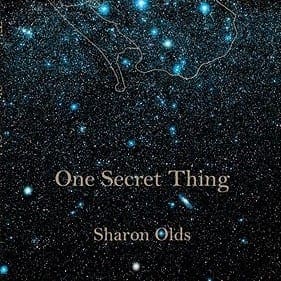

$16.95
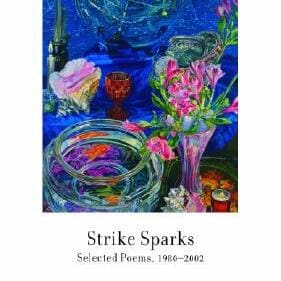

$18.35
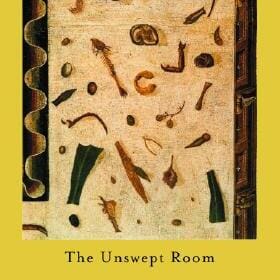

$18.00
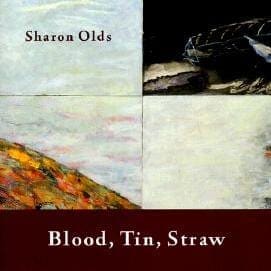

$17.00
Warsan Shire
I write when everyone is asleep. I write with music. I never plan it. But it is a very constant. It feels organic. My poems come to me in images, like film. I can see it very clearly and then this overwhelming urge to write out best what I just saw comes over me. I write best with free writes, where I refuse to edit what is leaving me, where I write within a specific time frame. I refuse to obsess over it, and if it doesn’t come out easily, then I leave it. I don’t write for an audience. I don’t write under pressure. I’m thankful to take my time. The poems happen to me. Sometimes I have no actual idea where they have come from.
Well and Often Press
















$7.00
May Sarton
On the importance of reading other poets:
Influence is not imitation…It is more fertile and subtle than that, and less conscious. It comes about when we are driven to possess another poet, to absorb him as if he were a necessary food.
Writer Mag














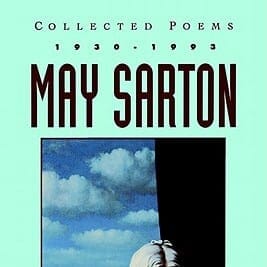

$45.00
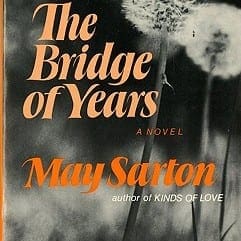

$22.95
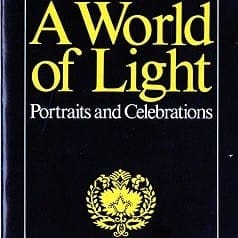

$19.95
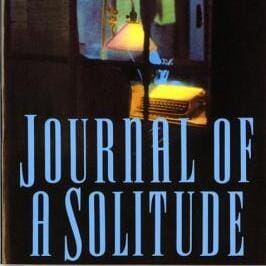

$14.67
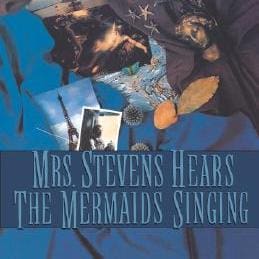

$18.95
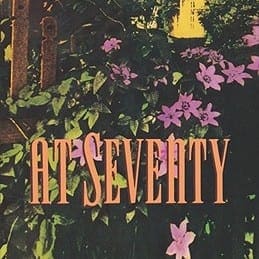

$21.95
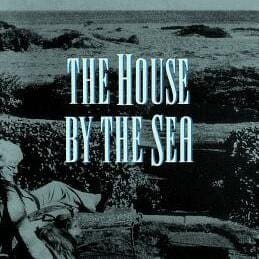

$21.00
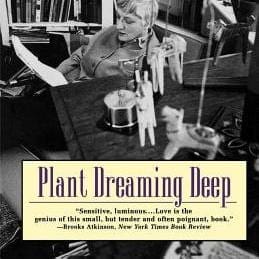

$17.95
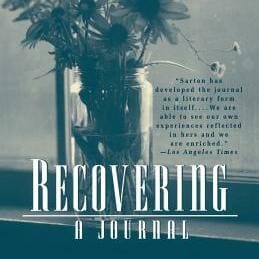

$19.95
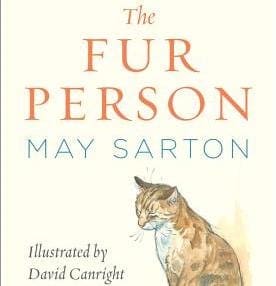

$12.83
Johannes Göransson
On declining the need to write something that makes sense:
Not all poems prioritize everyday language. Some poems value arguments and narrative above the experience of language. Sometimes poems have mystical meanings…. Poems can be gorgeous precisely in their riddle-like mystery.
Poetry Magazine














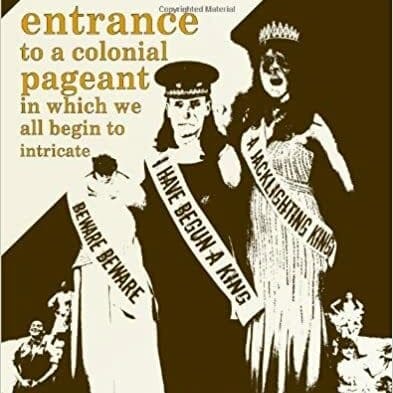

$18.00
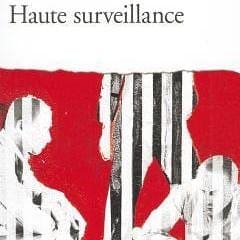

$16.00
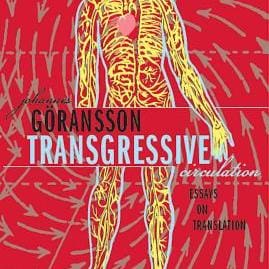

$15.00


$18.00
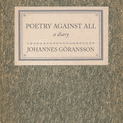

$18.00
Richard Siken
On separating the art from the artist:
After Crush was published, many people accused me of contaminating their bookshelf or bedside table with my melancholy. You never make me happy, but you can always make me sad, they said. I hadn’t anticipated this response and I wondered about what kind of culpability I might have. I, personally, was being held responsible, rather than the work—which had the undertone of “poetry isn’t art” because they refused to, or were unable to, understand that I had made a thing. They didn’t see the thing, they only saw me.
Additionally, readers began to ask me if the poems were “true,” by which they meant, “Did they really happen?” which seemed both beside the point and also intrusive….. I needed to take myself out: I had to sidestep the premises of “you are the work” and “the work is true….
Tin House
On motivation to write:
I started keeping a journal in high school. I didn’t write anything interesting before reading dozens and dozens of books. My development as a poet increased at the pace with which I read. School helped, peers helped, working with literary journals helped, but if I ever feel disengaged, I read. I’ve also noticed that I feel discouraged when I only read work I love. When I read work I hate, I get motivated to make something in opposition to it. Perhaps this is part of the answer to the “conflict” question you asked.
Tin House














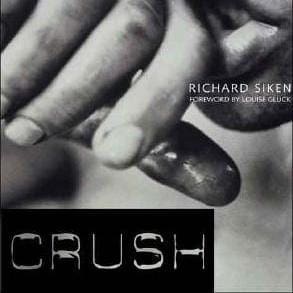

$16.56


$15.64
Clarissa Pinkola Estés
On how poetry is a way to reclaim your voice:
There’s a reason poets often say, ‘Poetry saved my life,’ for often the blank page is the only one listening to the soul’s suffering, the only one registering the story completely, the only one receiving all softly and without condemnation.
Goodreads
On how writing poetry should make you feel:
Writing, real writing, should leave a small sweet bruise somewhere on the writer . . . and on the reader.
Goodreads














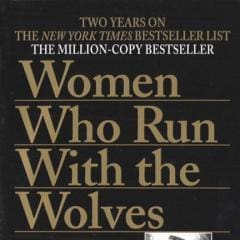

$8.27
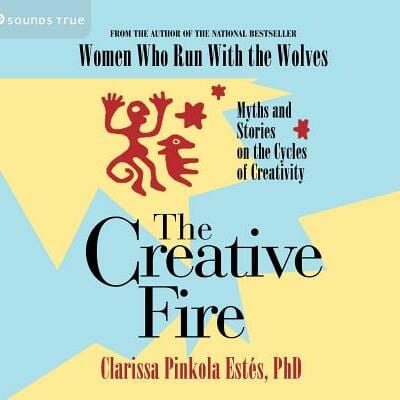

$24.95
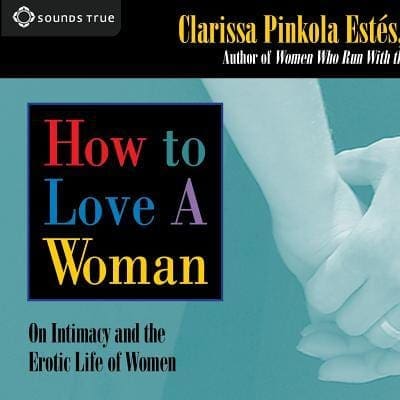

$24.95
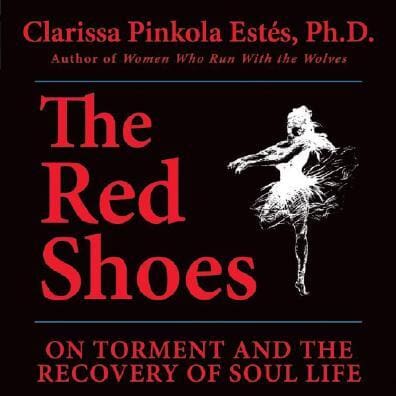

$14.95
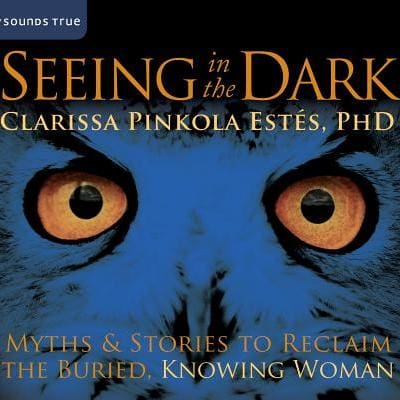

$19.95
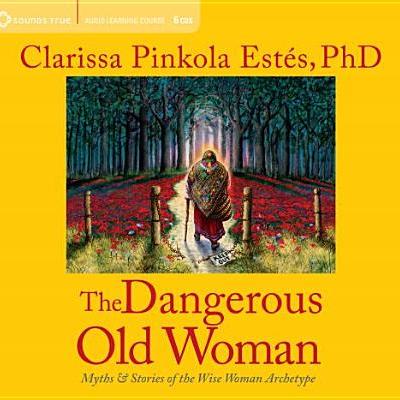

$69.95
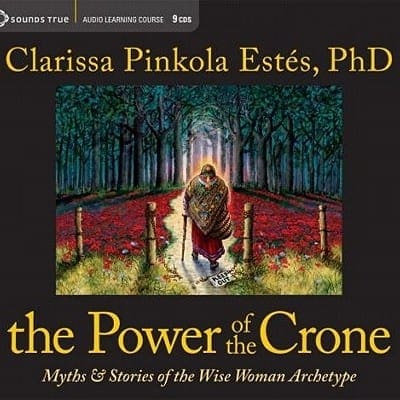

$69.95
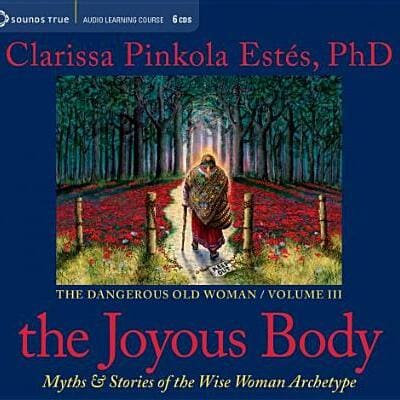

$69.95
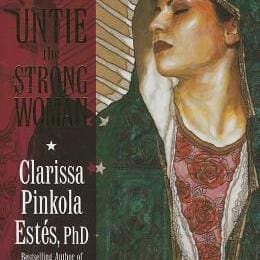

$21.11
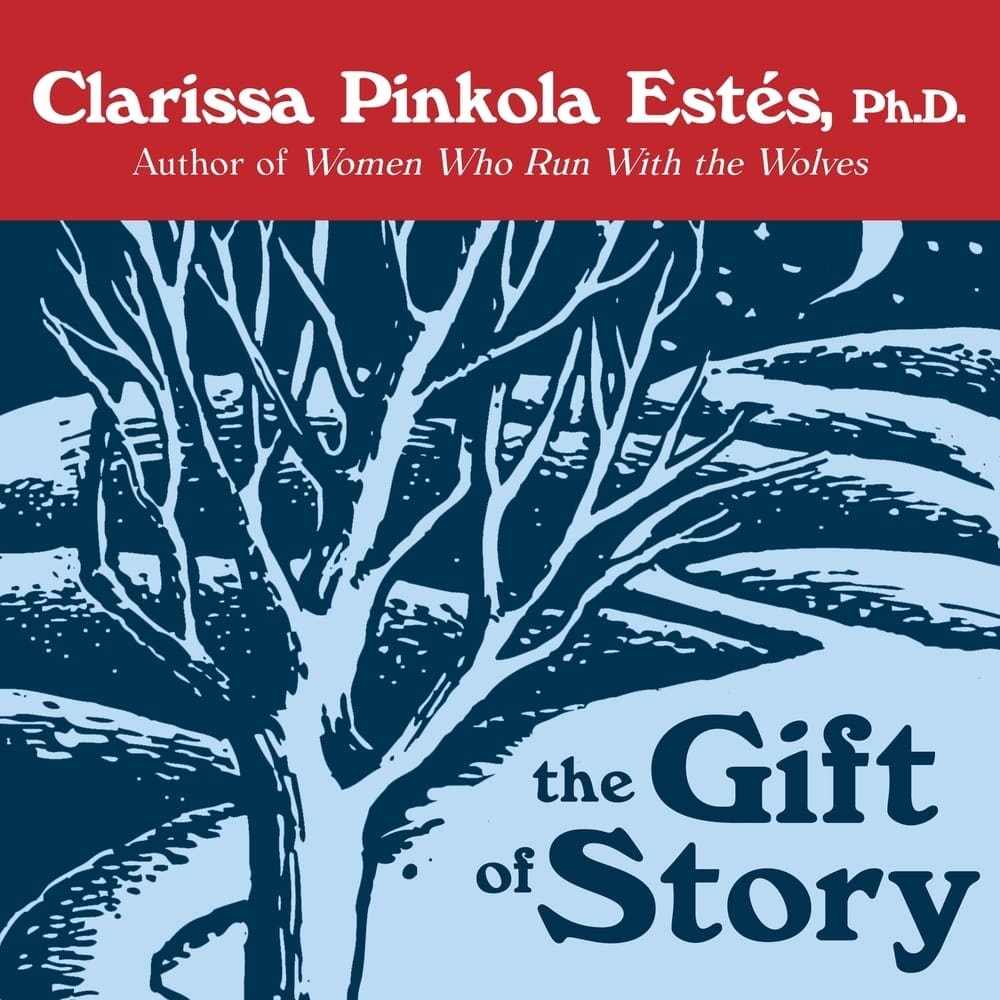

$13.75
Gwendolyn Brooks
On what poets can harness through language:
Words can do wonderful things. They pound, purr. They can urge, they can wheedle, whip, whine. They can sing, sass, singe. They can churn, check, channelize. They can be a “Hup two three four.” They can forge a fiery army of a hundred languid men.”
Literary Ladies Guide














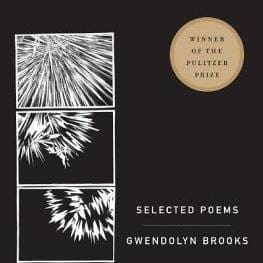

$13.79
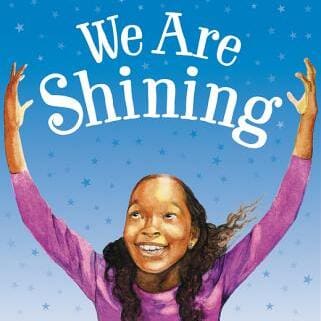

$17.99
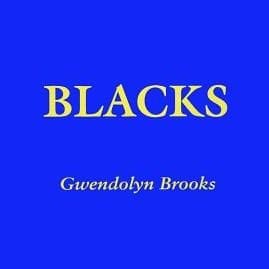

$22.95
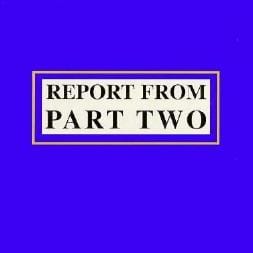

$13.75
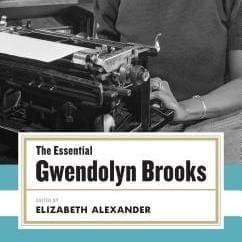

$18.40
Rainer Maria Rilke
On the compulsion to write poetry:
In the deepest hour of the night, confess to yourself that you would die if you were forbidden to write. And look deep into your heart where it spreads its roots, the answer, and ask yourself, must I write?
Rainer Maria Rilke, Letters to a Young Poet














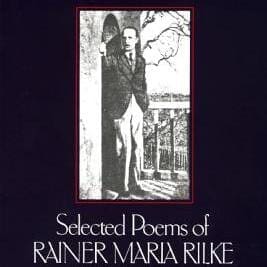

$14.71
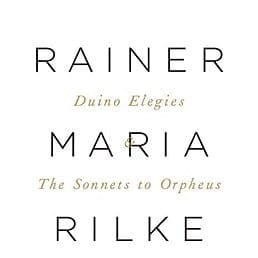

$14.72
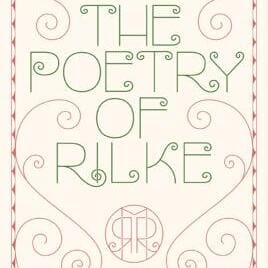

$23.00
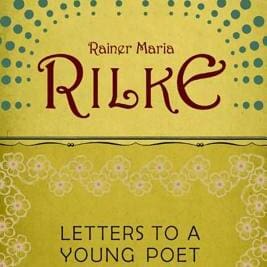

$11.91
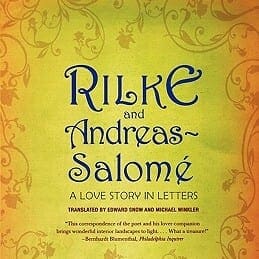

$15.95
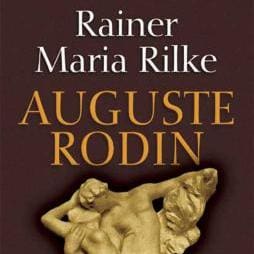

$9.14
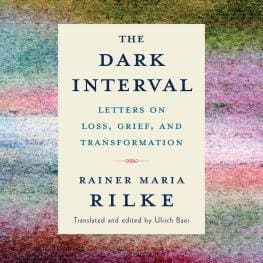

$14.24
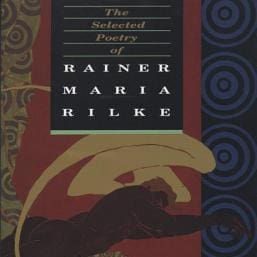

$15.64
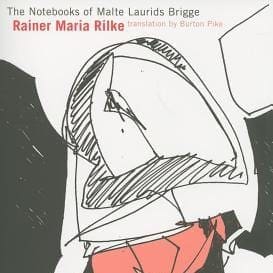

$12.83
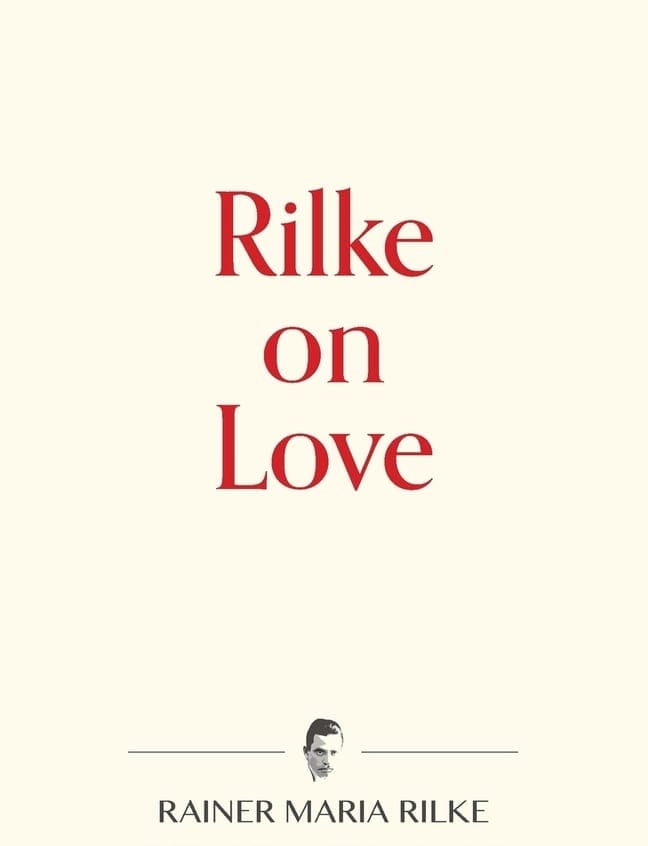

$8.28
Percy Bysshe Shelley
On why poetry helps poets illuminate the world:
Poetry lifts the veil from the hidden beauty of the world, and makes familiar objects be as if they were not familiar.
A Defence of Poetry and Other Essay.














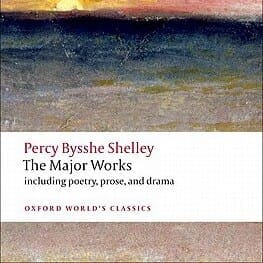

$13.75


$18.40
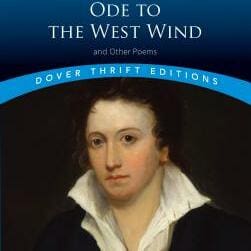

$3.68
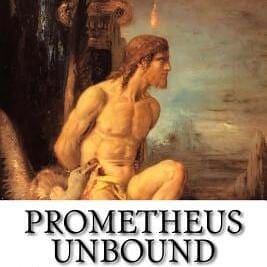

$6.65
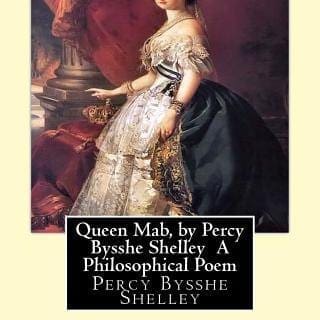

$7.75
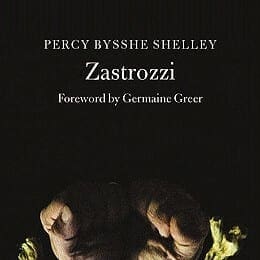

$13.00
Federico García-Lorca
On the voices the poet must heed:
The artist, and particularly the poet, is always an anarchist in the best sense of the word. He must heed only the call that arises within him from three strong voices: the voice of death, with all its foreboding, the voice of love and the voice of art.
Goodreads














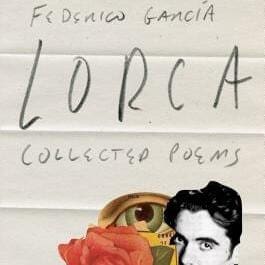

$23.92
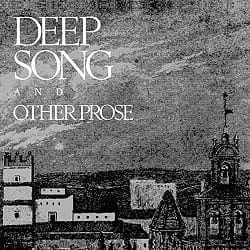

$13.95
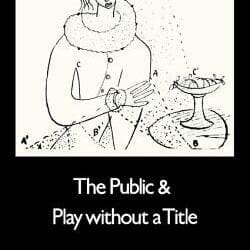

$12.95
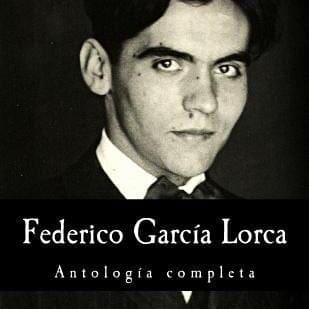

$19.00
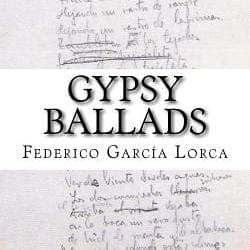

$7.99


$22.95
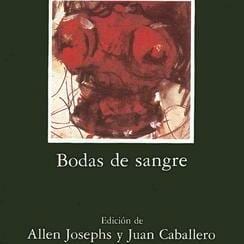

$16.99
Sylvia Plath
On why you have to focus deeply to write:
Poetry, I feel, is a tyrannical discipline. You’ve got to go so far so fast in such a small space; you’ve got to burn away all the peripherals.
Book Riot














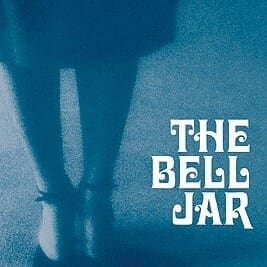

$15.63
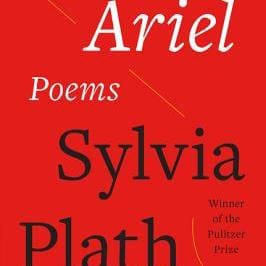

$12.87
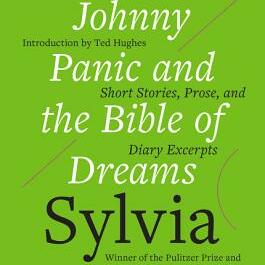

$13.79
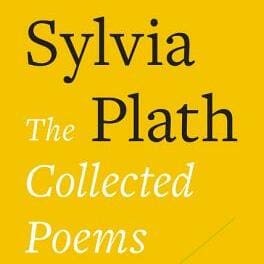

$17.47
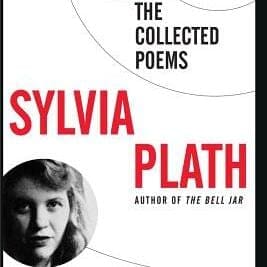

$17.99


$9.19
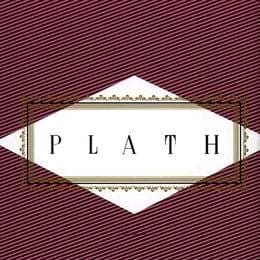

$13.75
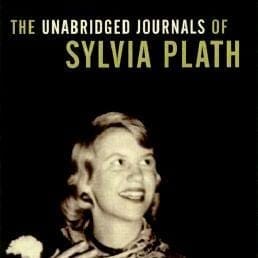

$19.32
Joy Harjo
On how poetry is in everything:
When I began to listen to poetry, it’s when I began to listen to the stones, and I began to listen to what the clouds had to say, and I began to listen to other. And I think, most importantly for all of us, then you begin to learn to listen to the soul, the soul of yourself in here, which is also the soul of everyone else.














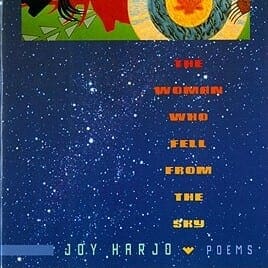

$15.59
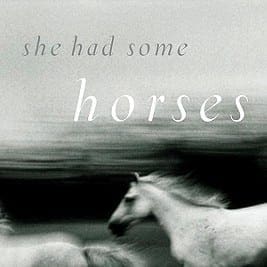

$15.59
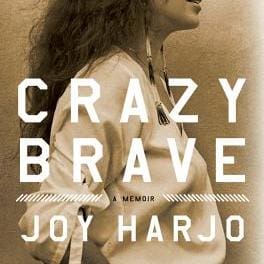

$14.67
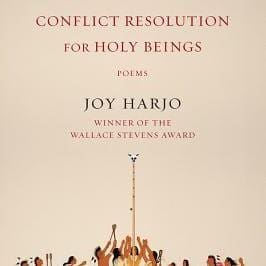

$14.67
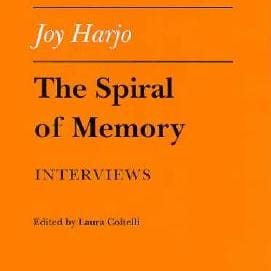

$31.14
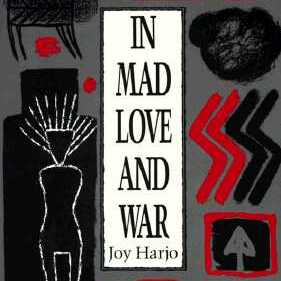

$14.67
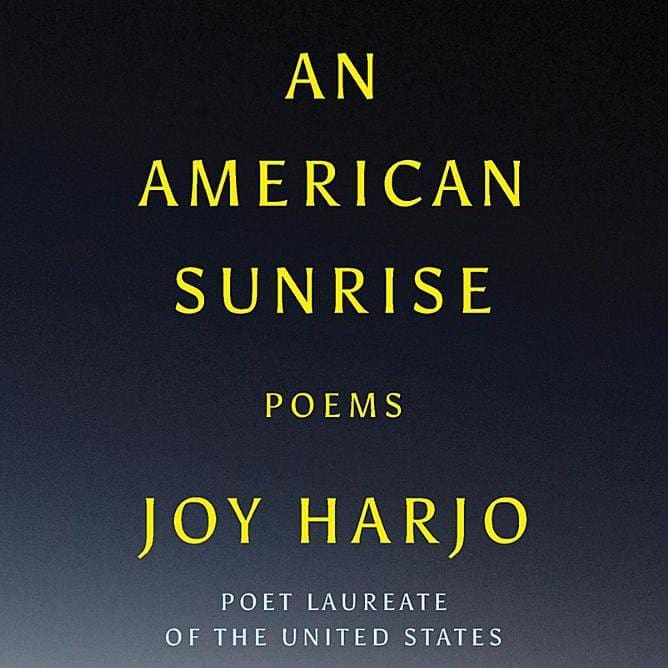

$23.87
Patricia Smith
On how “younger poets of color make incendiary art while still protecting themselves”:
Words are muscle. They may seem otherwise, like they just sit on a page doing nothing worthwhile, but I’m constantly astonished by what a well-turned stanza can accomplish. It’s important to realize that poetry is much more than a recreational exercise. The idea that putting our bodies on the line, rebelling in the gunsight, is the only viable way to join the revolution—well, that’s just wrong. I’ve signed books, “May the voices here inspire you to raise your own.” On the page, I can scream. I can confront. I can bellow and resist. I suggest that the poets don’t hide. That they scream. That they confront. That they bellow and resist.
Miami Rail














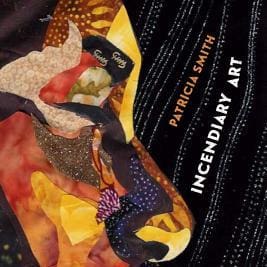

$17.43
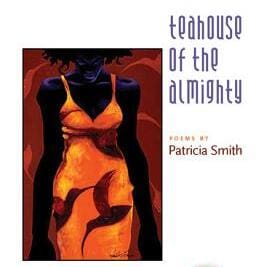

$14.72
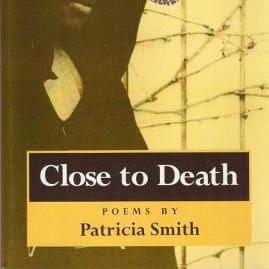

$16.99
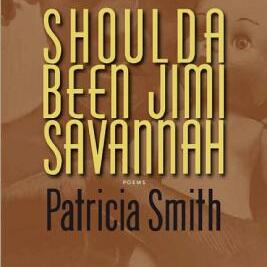

$14.72
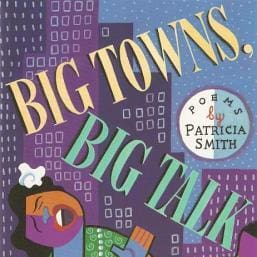

$14.95
To stay up-to-date, make sure to keep an eye out for more of little infinite’s featured content as we celebrate poetry, books, and this beautiful hot mess we call life on Instagram and Twitter.


